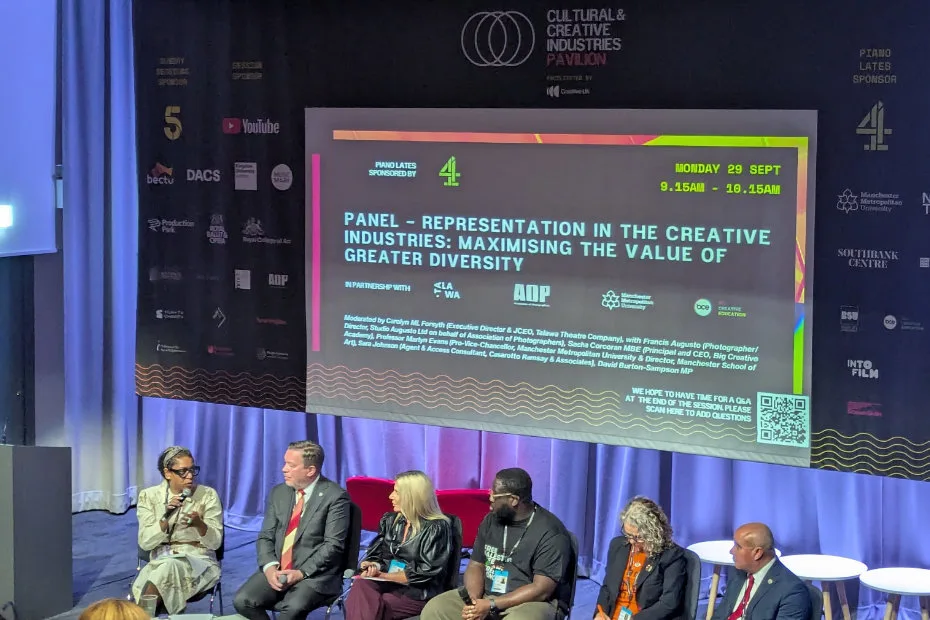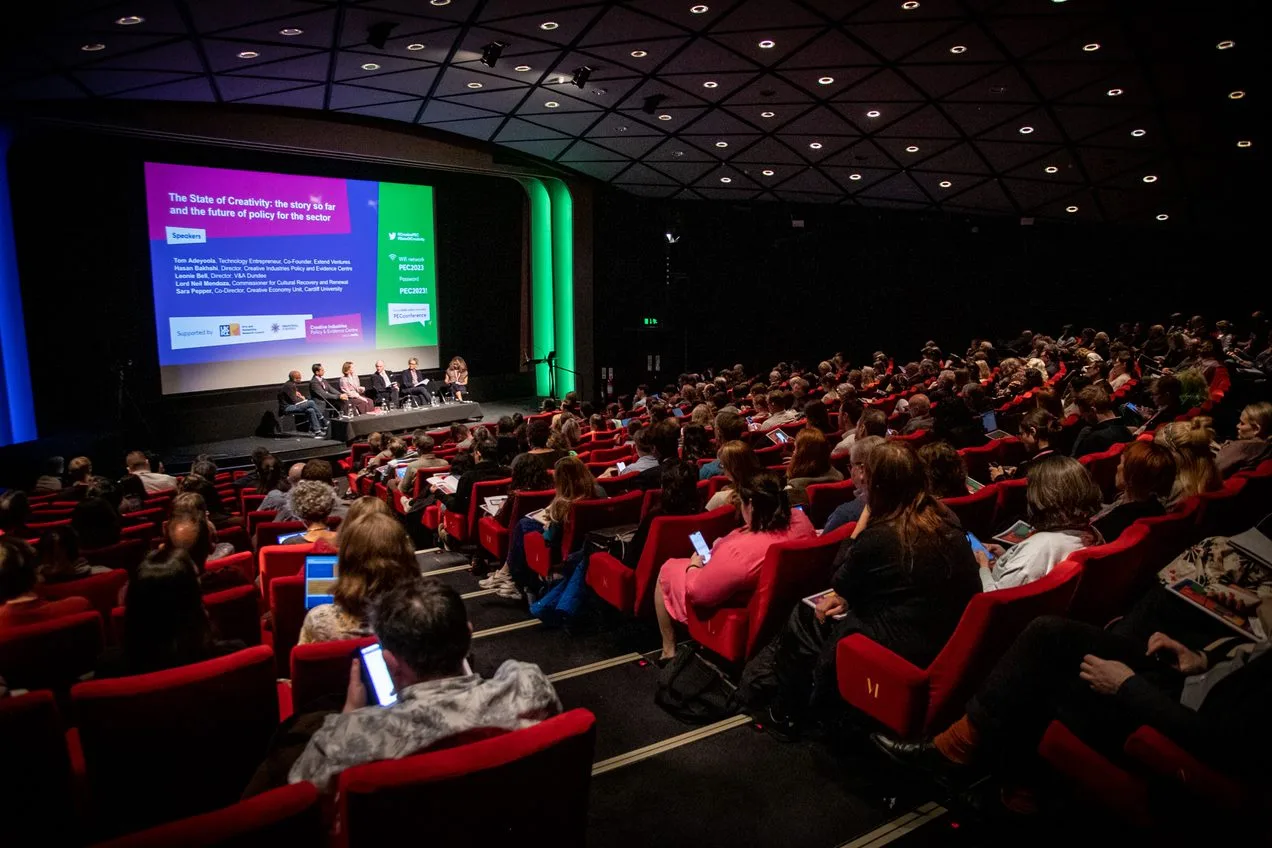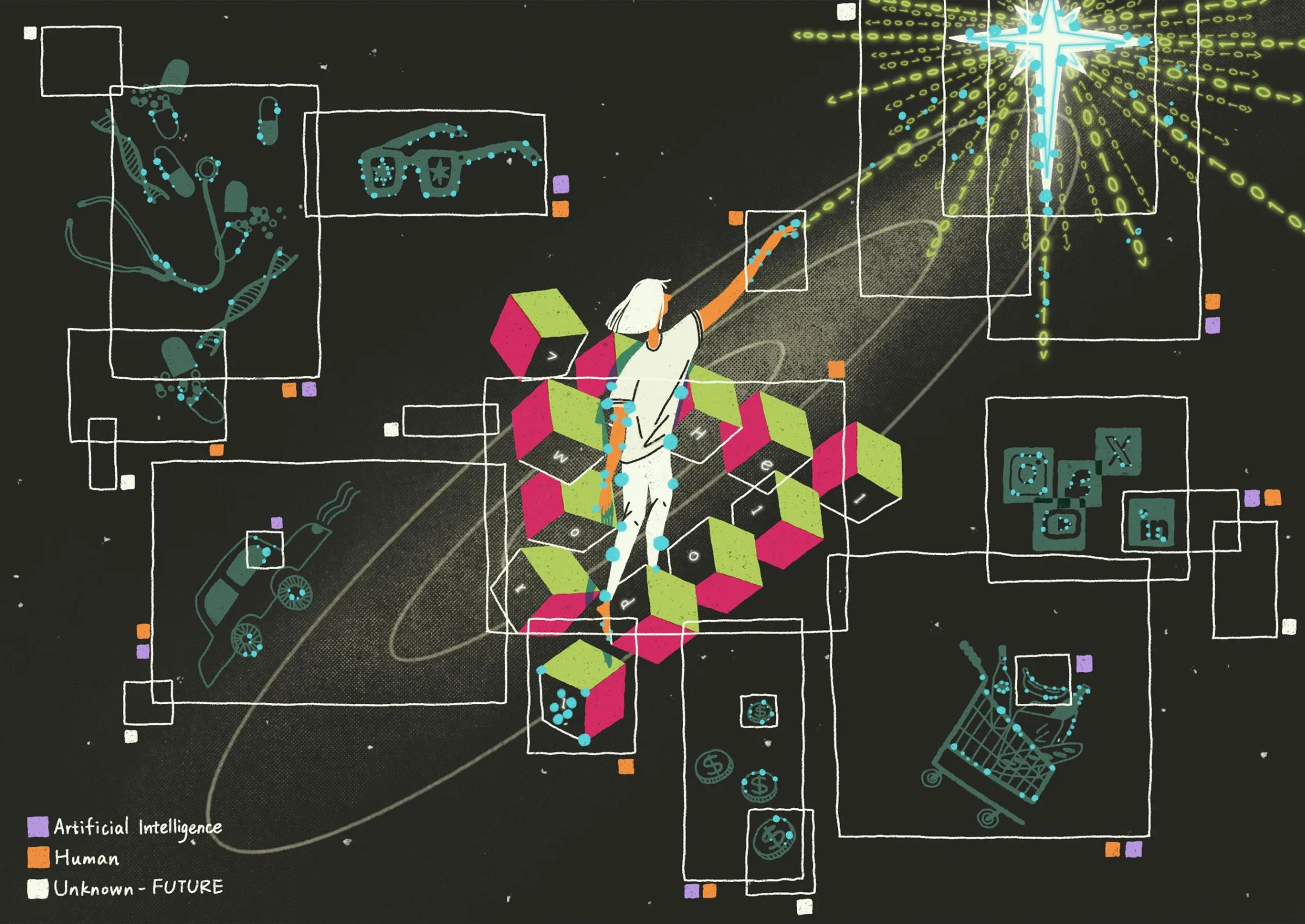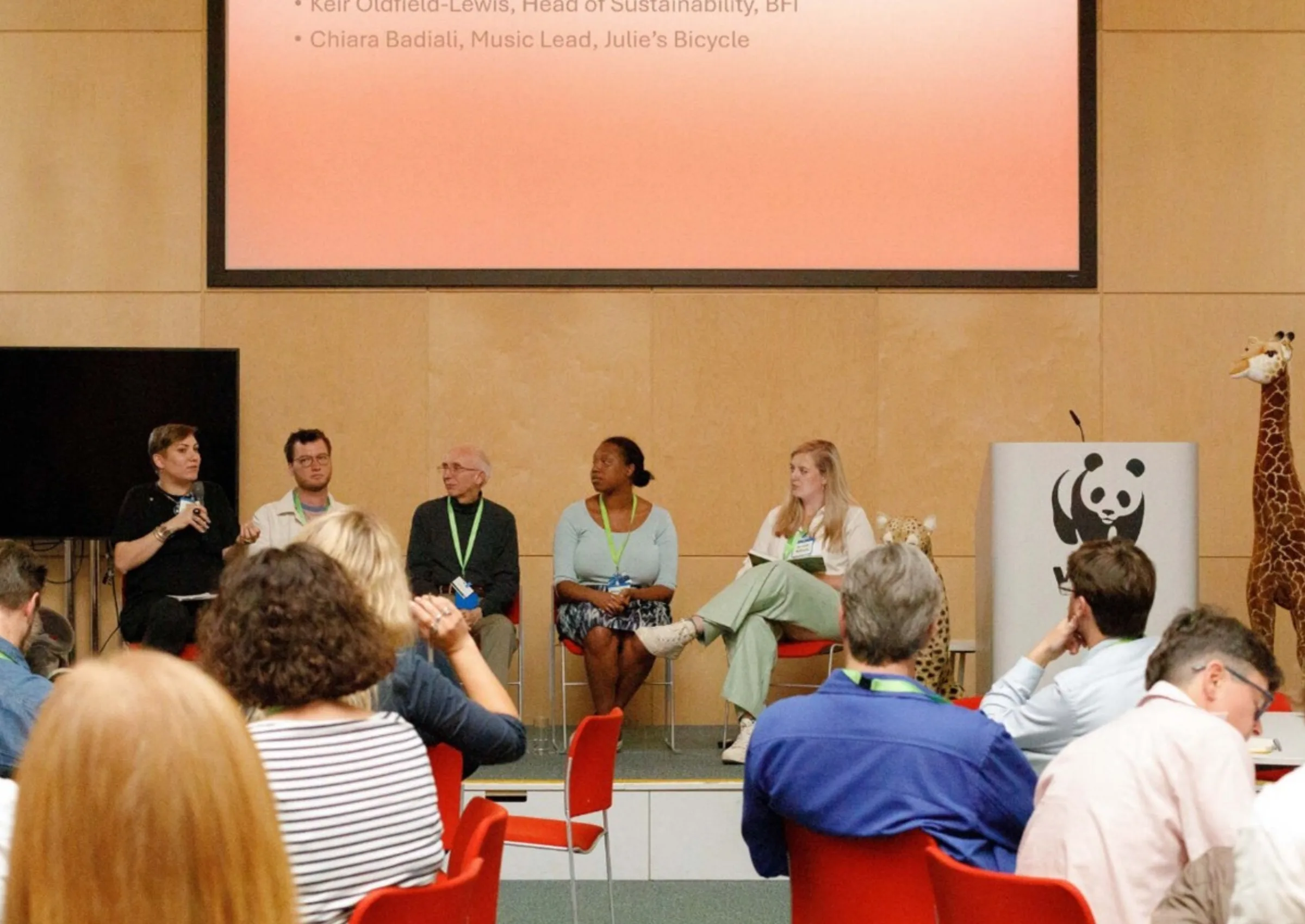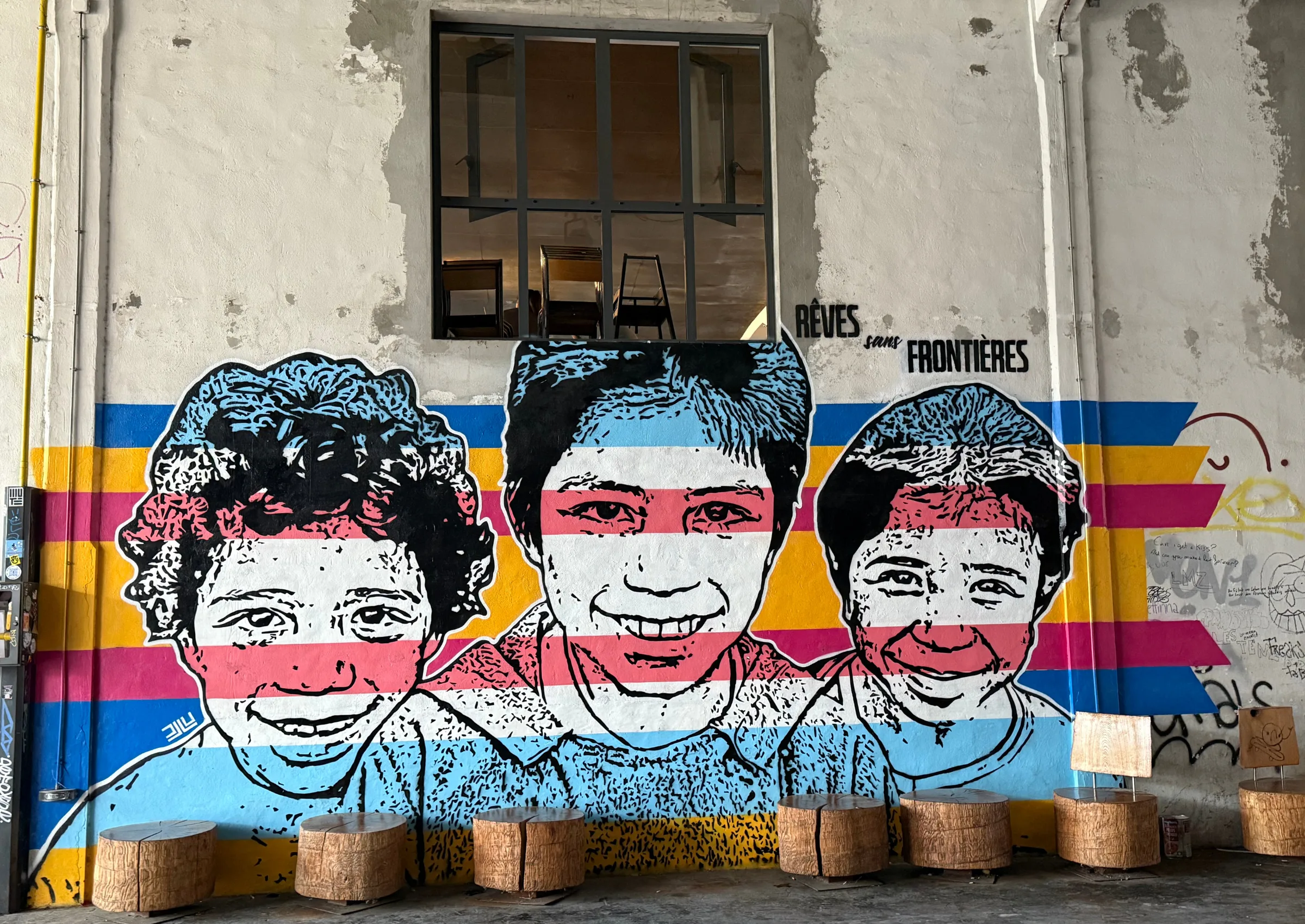There is a rapidly growing body of international evidence that employers, as they navigate an increasingly digital and complex world, will in the future even more so than now value human skills like original thinking, problem solving and the ability to think in systems. Employers value creativity, and there is now strong evidence that it is needed in jobs that are expected to grow in the workforce.
Educators talk of the importance of ‘Creative Thinking’ – the process by which we generate, refine and critique ideas and new ways of thinking. It requires specific knowledge, skills and habits of mind. It involves making connections across topics, concepts, disciplines and methodologies and it leads in turn to new understanding and impact. It also improves outcomes beyond school. The evidence suggests that Creative Thinking is not innate; it can be learned and it can be assessed, all of which explains why countries such as Singapore, Finland, Canada and Australia are prioritising it in schools.
If these countries are right, the implication is that those setting schools’ priorities in England should also be investing in teaching for Creative Thinking. The stakes are exceptionally high: research suggests that creative occupations of which there is a growing number spanning not just designers and artists but also engineers, chemical scientists and statisticians, are over twice as likely as other roles to be immune to automation.
But this is a difficult area, where cause and effect are notoriously tricky to unpick. We need rigorous evidence. Happily, England has an excellent opportunity to address this need. In 2021, the guardian of global comparative education standards, the Programme for International Student Assessment (PISA) will, as well as its usual tests for 15 year-olds in English, Maths and Science, introduce a new test of Creative Thinking as part of its commitment to innovation in education. This will allow us to measure how well young people in England demonstrate Creative Thinking and assess how this correlates with their knowledge in English, maths and science. Because of the standardised nature of PISA, it will be a unique opportunity for policymakers in England to collect data that is strictly comparable with that in other countries. That means that when combined with cross-country data on education practices we will begin to understand something about the efficacy of different education systems too.
Perhaps the biggest research opportunity of PISA however is that it enables a fuller evaluation of Creative Thinking – not just in terms of impact on education outcomes and insights into effective practices in schools, but also labour market outcomes thanks to the Department for Education’s work in recent years building the Longitudinal Educational Outcomes (LEO) data base. This links year by year education attainment – including the PISA scores for those participating in the exercise – to labour market outcomes measured by income tax records – at the individual level for all young people in England.
Participating in the PISA Creative Thinking study only requires government to bear the relatively small costs of administering the tests. However, it’s been recently reported in TES that the Department for Education has decided to turn down this opportunity.
This would be a colossal error of judgement. Fortunately it’s not too late to reverse if the new government is prepared to recognise the many advantages that our participation in the new PISA 2021 test of creative thinking would bring. It would be a powerful statement of intent in terms of young people’s employability.
Whatever your political persuasion we can all agree that education should prepare young people for the future workforce. PISA 2021 is an important opportunity to add to the evidence base, and to help the UK to make the best decisions for young people as we enter a period of rapid change and complexity. The next Government should not throw it away.
References
Bakhshi, H., Frey, C. and Osborne, M. (2015). Creativity Vs Robots: The Creative Economy and the Future of Employment, London: Nesta https://media.nesta.org.uk/documents/creativity_vs._robots_wv.pdf
Bakhshi, H., Downing, J., Osborne, M. and Schneider, P. (2017). https://media.nesta.org.uk/documents/the_future_of_skills_employment_in_2030_0.pdf
Beghetto, R. (2010). Creativity in the Classroom. In J. Kaufman and R. Sternberg (eds), The Cambridge Handbook of Creativity. Cambridge: Cambridge University Press, pp. 447–463.
CBI (2012). First Steps: A New Approach for Schools. London: CBI. Available at: http://www.cbi.org.uk/insight-and-analysis/first-steps/.
Durham Commission (2019) Durham Commission on Creativity in Education. London: Arts Council England. https://www.artscouncil.org.uk/sites/default/files/download-file/Durham_Commission_on_Creativity_04112019_0.pdf
Easton, E. and Djumalieva, J. (2018) Creativity and the future of skills. London: Creative Industries Policy and Evidence Centre https://www.pec.ac.uk/research…
Gutman, L. and Schoon, I. (2013). The Impact of Non-Cognitive Skills on Outcomes for Young People: Literature Review. London: Institute of Education, University of London.
Jerrim, J. (2019). Should England continue participating in PISA? FFT Education Datalab https://ffteducationdatalab.org.uk/2019/11/should-england-continue-participating-in-pisa/
Lucas, B. (2019) Teaching and assessing creativity in schools in England. Impact Journal, 7, 5-8.
Lucas, B. and Spencer, E. (2017) Teaching Creative Thinking: Developing learners who generate ideas and can think critically. Carmarthen: Crown House Publishing Ltd.
Lucas, B., Claxton, G., and Spencer, E. (2013). Progression in Student Creativity in School: First Steps Towards New Forms of Formative Assessments. OECD Education Working Paper no. 85. https://www.oecd.org/education/ceri/5k4dp59msdwk.pdf
McKinsey (2017). Jobs Lost, Jobs Gained: Workforce Transitions in a Time of Automation https://www.mckinsey.com/~/media/mckinsey/featured%20insights/Future%20of%20Organizations/What%20the%20future%20of%20work%20will%20mean%20for%20jobs%20skills%20and%20wages/MGI-Jobs-Lost-Jobs-Gained-Report-December-6-2017.ashx
Vincent-Lancrin, S., et al. (2019), Fostering Students’ Creativity and Critical Thinking: What it Means in School, Educational Research and Innovation, OECD Publishing, Paris, https://doi.org/10.1787/62212c37-en.
World Economic Forum (2018). Towards a Reskilling Revolution: A Future of Jobs for All. http://www3.weforum.org/docs/WEF_FOW_Reskilling_Revolution.pdf
Photo by Kelli Tungay
Related Blogs
What UK Job Postings Reveal About the Changing Demand for Creativity Skills in the Age of Generative AI
The emergence of AI promises faster economic growth, but also raises concerns about labour market di…
Creative PEC’s digest of the 2025 Autumn Budget
Creative PEC's Policy Unit digests the Government’s 2025 Budget and its impact on the UK’s creative …
Why do freelancers fall through the gaps?
Why are freelancers in the Performing Arts consistently overlooked, unseen, and unheard?
Insights from the Labour Party Conference 2025
Creative PEC Policy Adviser Emily Hopkins attended the Labour Party Conference in September 2025.
Association of South-East Asian Nations’ long-term view of the creative economy
John Newbigin examines the ASEAN approach to sustainability and the creative economy.
Take our Audience Survey
Take our quick survey and you might win a National Art Pass.
Culture, community resilience and climate change: becoming custodians of our planet
Reflecting on the relationship between climate change, cultural expressions and island states.
Cultural Industries at the Crossroads of Tourism and Development in the Maldives
Eduardo Saravia explores the significant opportunities – and risks – of relying on tourism.
When Data Hurts: What the Arts Can Learn from the BLS Firing
Douglas Noonan and Joanna Woronkowicz discuss the dangers of dismissing or discarding data that does…
Rewriting the Logic: Designing Responsible AI for the Creative Sector
As AI reshapes how culture is made and shared, Ve Dewey asks: Who gets to create? Whose voices are e…
Reflections from Creative Industries 2025: The Road to Sustainability
How can the creative industries drive meaningful environmental sustainability?
Creating value: the creative economy beyond culture by Marta Foresti
Marta Foresti explains the value of international cooperation as she becomes Chair of the GCEC.




